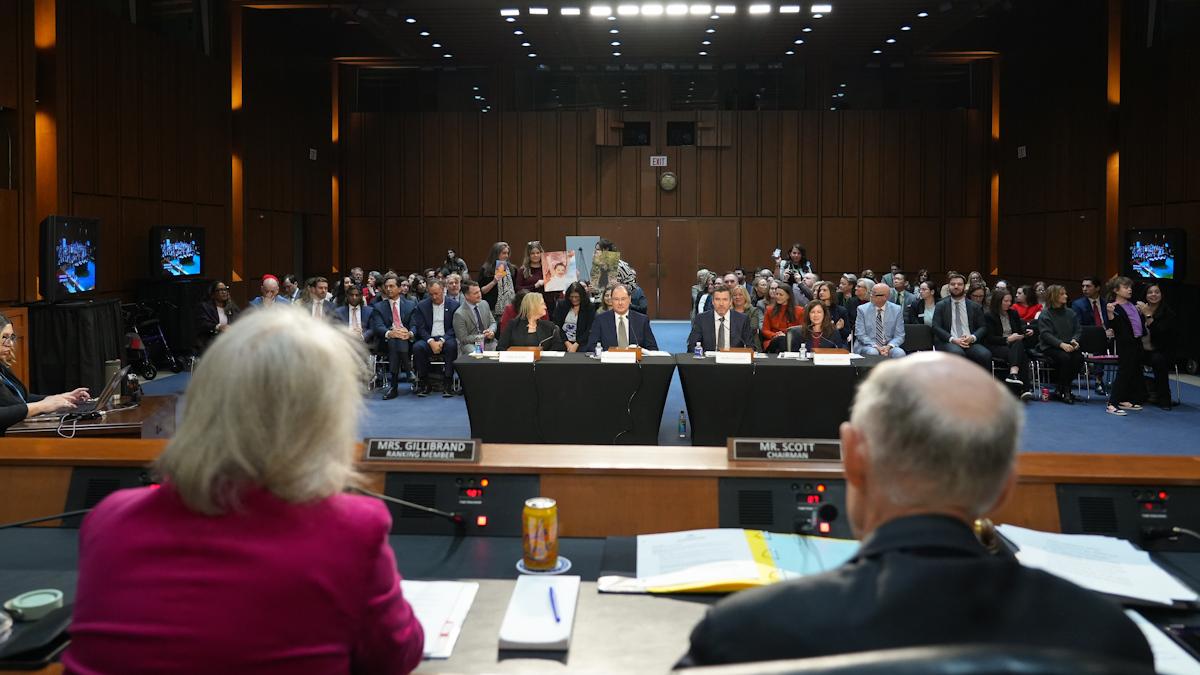FDA approves first treatment for children with lupus

The US FDA has approved GSK’s Benlysta (belimumab) intravenous infusion for the treatment of children with lupus.
While childhood-onset lupus is rare, when diagnosed, it is generally more active in children and adolescents than adult patients, particularly in how it impacts organs such as the kidneys and central nervous system.
As a result of the disease starting early in life, pediatric patients with lupus are at a higher risk of developing increased organ damage and complications from the disease as well as adverse events from the life-long treatments usually required.
“The agency expedited the review and approval of this application because Benlysta IV fulfils an unmet need for therapies, specifically in pediatric patients with lupus,” said Janet Woodcock, director of the FDA’s Center for Drug Evaluation and Research (CDER). “While there is no cure for lupus, treatment can help our youngest patients control their disease with the hope of improving their quality of life and lowering their risk of long-term organ damage and disability.”
The efficacy of Benlysta IV was studied over 52 weeks in 93 pediatric patients. The proportion of children achieving a clinically meaningful improvement in disease activity, as assessed by the SLE responder index (SRI) response rate, was numerically higher in patients receiving belimumab plus standard therapy (52.8%) compared with placebo plus standard therapy (43.6%) at Week 52.
Pediatric patients who received Benlysta IV plus standard therapy also had a lower risk of experiencing a severe flare, as well as longer duration of time until a severe flare (160 days versus 82 days). The drug’s safety and pharmacokinetic profiles in pediatric patients were consistent with those in adults with systemic lupus erythematosus (SLE).
Benlysta has been approved for use in adult patients since 2011. It has generally been able to reign without competition in the relatively niche area, especially after trial failures of other drugs such as AstraZeneca’s anifrolumab.
It was approved in a self-injectable subcutaneous formulation in 2017.












